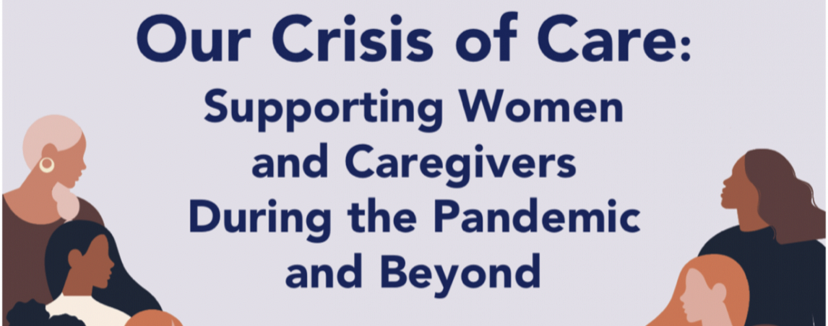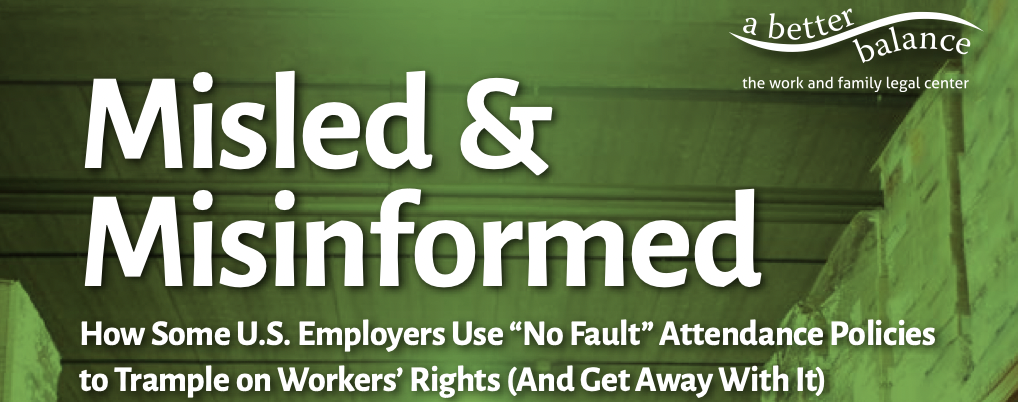Our Issues
Fair & Flexible Scheduling
Life happens—and not always on a schedule. Nearly half of all workers actively care for a child or elder relative, but few can access flexible work arrangements to help them manage those responsibilities.
In fact, abusive scheduling practices make it nearly impossible for many low-wage workers to arrange childcare, let alone budget effectively or advance their education. Existing law does little to help these workers and we can do better.
A Better Balance is helping states and localities develop solutions to the problem of unpredictable and abusive scheduling, and we are advancing legislation to grant all workers the right to request schedule changes without penalty, expanding access to fair and flexible work.

Fair Work Schedules
Workers in retail and other service sectors nationwide increasingly face abusive scheduling practices that make it nearly impossible for them to manage their family responsibilities. Read more about solutions to the problem of abusive scheduling.
Right to Request Flexible Work
Nearly 80% of workers would like to have more flexible work options and would use them if there were no negative career consequences. Learn about policies designed to help workers access workplace flexibility without retaliation.
Findings on New York City’s Crisis of Care & Barriers to Workplace Flexibility
In late 2020, A Better Balance conducted a Work-Family with New York City officials to better understand how New Yorkers have navigated professional and personal responsibilities during the COVID-19 pandemic. The findings, released in our March 2021 report “Our Crisis of Care: Supporting Women and Caregivers During the Pandemic and Beyond,” are clear: Women, people of color, and low-income New Yorkers – overrepresented in frontline jobs, among part-time workers, and caregivers – suffered disproportionately during the pandemic and face barriers to workplace flexibility, despite a greater need for time off to care. Responses to the survey mirror national data that show women, in particular women of color, are leaving the workforce in record-high numbers.
“Our Crisis of Care” outlines recommendations to improve workplace flexibility for all New Yorkers, including ensuring equitable access to affordable child care, expanding on the City’s existing right-to-request law, strengthening enforcement, outreach, and education for paid leave benefits, and enacting robust emergency leave rights.
Resource Articles
27%
of employers allow most or all employees to have periodic flexibility in their start and stop times
70%
Percentage of low-income workers cannot change their scheduled start or stop time if needed
80%
of workers would like to have more flexible work options and would use them if there were no negative consequences at work









